A Hard Rain’s a-Gonna Fall
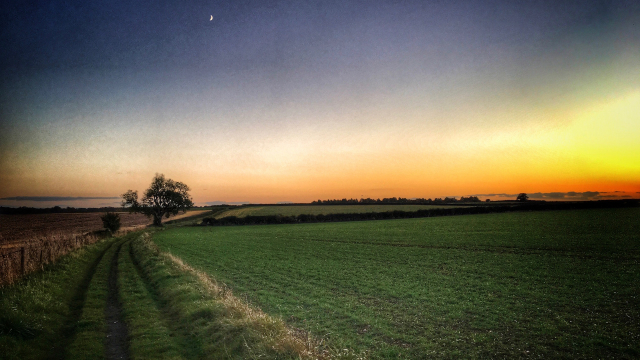
Isaiah 5: 1-7
1 Let me sing for my beloved
my love-song concerning his vineyard:
My beloved had a vineyard
on a very fertile hill.
2 He dug it and cleared it of stones,
and planted it with choice vines;
he built a watch-tower in the midst of it,
and hewed out a wine vat in it;
he expected it to yield grapes,
but it yielded wild grapes.3 And now, inhabitants of Jerusalem
and people of Judah,
judge between me
and my vineyard.
4 What more was there to do for my vineyard
that I have not done in it?
When I expected it to yield grapes,
why did it yield wild grapes?5 And now I will tell you
what I will do to my vineyard.
I will remove its hedge,
and it shall be devoured;
I will break down its wall,
and it shall be trampled down.
6 I will make it a waste;
it shall not be pruned or hoed,
and it shall be overgrown with briers and thorns;
I will also command the clouds
that they rain no rain upon it.7 For the vineyard of the Lord of hosts
is the house of Israel,
and the people of Judah
are his pleasant planting;
he expected justice,
but saw bloodshed;
righteousness,
but heard a cry!
The book of Isaiah is one of great beauty and presence. It also contains passages which can seem impenetrable and irrelevant. What do 7 verses about middle eastern agriculture several millennia ago have to do with us? Even for me, living surrounded by dairy herds and fields of barley, maize and wheat, the farming allusion makes little obvious sense.
But, of course, Isaiah is neither a sociologist nor a historian, he is a prophet. So, what he’s writing has some sort of deeper meaning. Here we have the image of a careful, dedicated farmer who is disappointed by the yield from his vines. Isaiah is warning his contemporaries and those of us who follow down the ages - God has given us Eden and we have turned it to a wasteland.
Isaiah understands clearly that we have a dangerous situation here - a God of love and justice who cannot leave mankind’s sin unchecked. Isaiah offers us a picture of an unhappy future if we do not change.
How often do we try to mend our ways only to find the same behaviour creeping in time and again? Whether it’s an extra slice of toast in the morning or some far more destructive addiction, we find it hard to change our spots.
Isaiah had an awareness of God’s rescue plan - time and again, he writes in terms that point to Jesus - who he is and what he will do. As Christians we have the assurance that, if we put our faith in Jesus and say we are sorry for our wrongs, God will forgive us. That is a powerful and liberating idea which frees us to love and serve our neighbours.
Father God, we are sorry for the ways we disobey you and the ways we mistreat our neighbours and your creation. Thank you that you have called us to be followers of Jesus and that you forgive us when we ask with honest hearts.
Make our lives fruitful, blessed with health and energy to serve your people and to bring glory in all we do to your glorious name. Amen.




 Add to Favourites
Add to Favourites
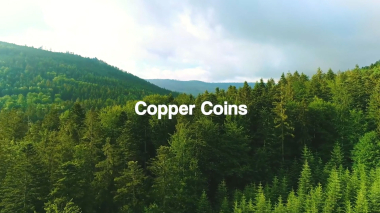
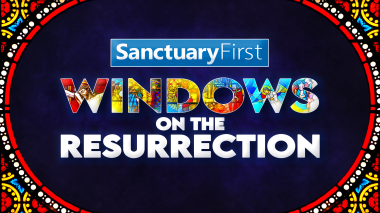



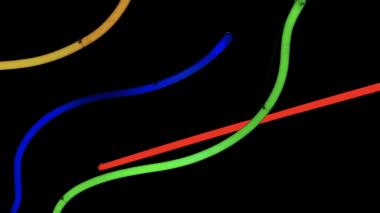
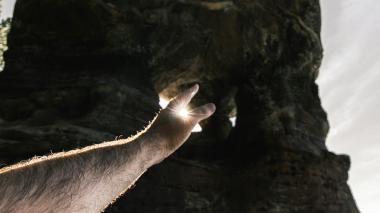

Login to comment.